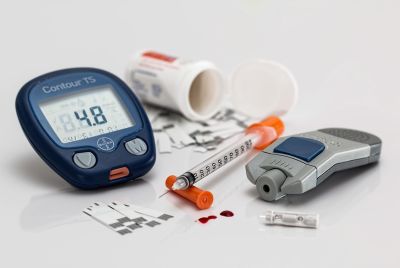Drug abuse: Deadly synthetic drug N Bomb can kill warn experts

A psychedelic synthetic drug 251-NBOMe, or N bomb, which is being used increasingly is dangerous and has been associated with the deaths of at least 17 people in the United States since 2010, when it first became available over the Internet, caution medical experts.
Misjudging a dose could lead to significant toxicity resulting in hypertension, rapid or irregular heartbeat, hyperthermia, dilated pupils, agitation, aggressive behaviour, delirium, hallucinations, seizures and even renal failure or coma, says Donna Seger, MD, professor of Clinical Medicine and medical director of the Tennessee Poison Center, located at Vanderbilt University Medical Center.
Heavy sedation may be required to calm aggressive or violent patients, and external cooling measures may be needed for patients with hyperthermia, Seger said.
"This is a dangerous drug, it is potentially deadly, and parents, law enforcement, first responders and physicians need to be aware of its existence and its effects."
Marketed as "legal" or "natural" LSD the designer drug developed for mapping serotonin receptors in the brain has become one of the most frequently abused hallucinogenic stimulant according to the UN.
NBOMe is a club drug taken in powder, liquid or blotter form and is described as an alternative to LSD.
The substances may be ingested, sniffed or inserted into the body rectally or vaginally, Seger says, noting that the quality control on these street drugs is nonexistent.
Small amounts of the powder can generate large amounts of the drug - up to 20 million doses from 1kg making it potentially highly profitable.
The illegal status of cocaine, ecstasy and cannabis has encouraged users and suppliers to seek alternative options in order to evade current drug legislation. NBOMe is available in many of the western countries.
Molecular modification to existing illicit compounds result in substances that produce similar effects but are technically legal, less expensive and readily available.
It is important for health care providers to remain up-to-date on the toxicological effects of these emerging agents, says the medical centre.
© Copyright IBTimes 2025. All rights reserved.





















